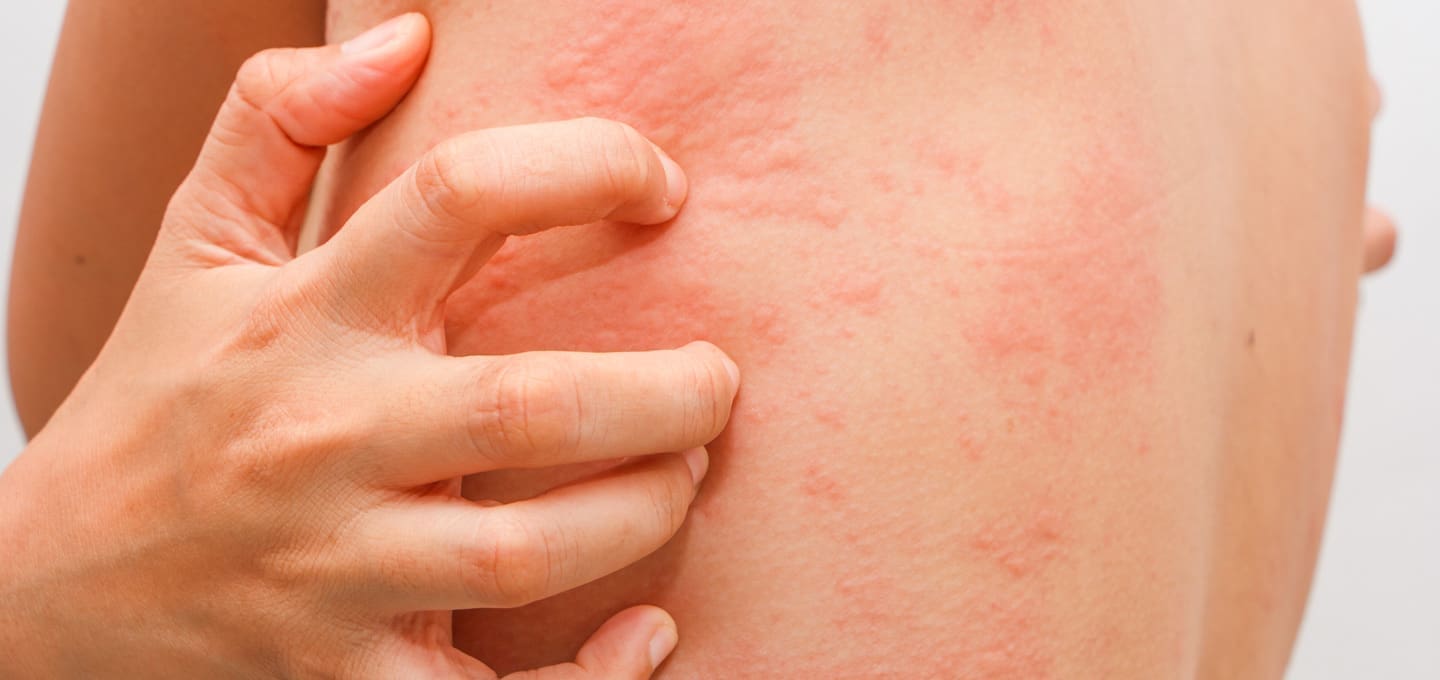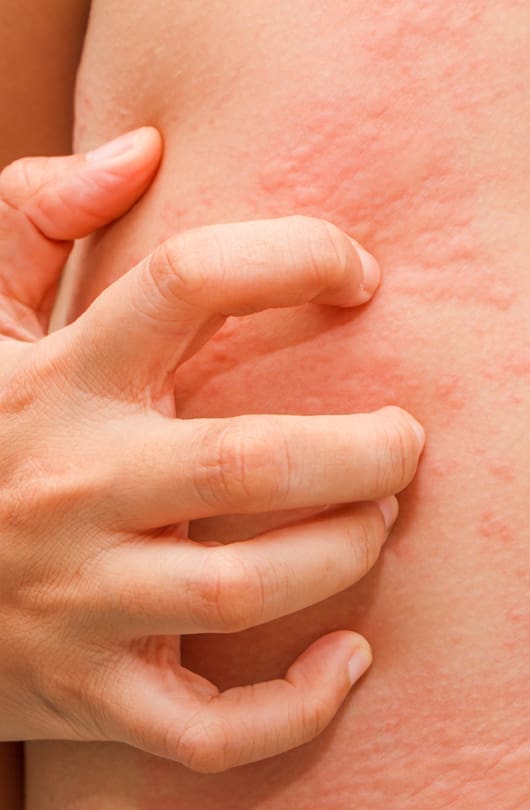These substances, known as allergens, can be encountered in various forms, such as pollen, dust mites, pet dander, certain foods, insect stings, and even some medications.
When someone with allergies comes into contact with an allergen, their immune system mistakenly identifies it as a threat and launches an exaggerated defensive response. The immune system’s reaction involves the release of histamines and other chemicals, which leads to symptoms like sneezing, runny nose, itchy eyes, and skin rashes. In severe cases, allergies can cause more serious reactions, such as difficulty breathing or anaphylaxis, which is a potentially life-threatening condition that requires immediate medical attention.
The specific causes of allergies can vary widely. Some people may have a genetic predisposition to allergies, which means they are more likely to develop allergic reactions if their parents or close relatives have them. Environmental factors also play a significant role, as repeated exposure to allergens can sensitise the immune system over time.
While allergies can be a source of discomfort and inconvenience, understanding their causes and available treatments empowers individuals to manage their symptoms effectively and lead full, active lives. Regular communication with healthcare providers is crucial in developing a personalised approach to allergy management. During your dermatology consultation, your Consultant can help you devise avoidance strategies, including minimising contact with your known allergen. They may also recommend medications like antihistamines, decongestants, and corticosteroids to help alleviate symptoms by blocking the effects of histamines and reducing inflammation.
In cases of severe allergies or when avoidance and medication prove insufficient, allergen immunotherapy, commonly known as allergy shots, may be recommended. This treatment involves gradually exposing the individual to increasing doses of the allergen to desensitise their immune system over time. Where the risk of anaphylaxis is high, the patient may be advised to carry an epipen (or similar device) whereby a dose of adrenaline can be administered quickly to relieve symptoms.




